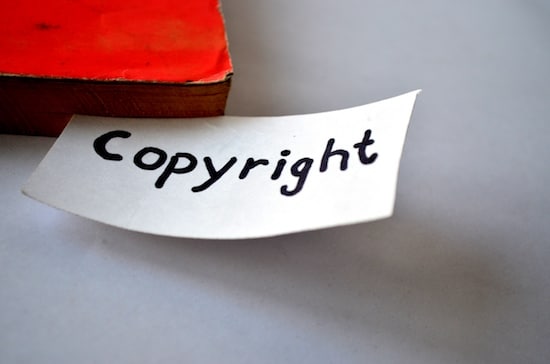
The Karnataka High Court has held that Section 63 of the Copyright Act, which prescribes a punishment of minimum 6 months that may extend to 3 years imprisonment, is cognizable offence and police can register a First Information Report, on receipt of a complaint.
Justice M Nagaprasanna observed that merely because a separate provision under Section 64 of the Act which depicts power of search and seizure by the Police is also found in the statute, it does not take away cognizability of the offence punishable under Section 63 of the Act. The court further noted that in a given case, the competent criminal Court can sentence an offender under Section 63 of the Act to three years imprisonment Exact three years is a possibility in a given circumstance. Therefore, would fall under Item No.2 of Schedule Il of the Cr.P.C.
The Court further noted that on a cumulative analysis of the Act and the judgments rendered by various constitutional Courts what would unmistakably emerge is, Section 63 of the Act as it existed earlier, the maximum punishment that could be imposed was imprisonment for a period of one year. It is the amendment in the year 1984, that enhanced the period of imprisonment to three years. The objects and reasons are very clear as to why such an enhancement is done. Even otherwise in the light of afore-quoted judgments of the constitutional Courts it cannot but be held that the offences punishable under Section 63 of the Act are cognizable.
The background of the case is that the petitioner, ANI Technologies Private Limited (also known as Ola Cabs) and its Directors had approached the court calling in question registration of FIR against them under Section 63 of the Copyright Act on account of the Petitioner launching Ola Play where several of the contents of music videos and songs belonging to several of the films whose music copyrights the respondent owns, owns were being displayed under the feature Ola play and on the ground that the Petitioner is indulging in commercial exploitation of copyright of music.
This article was originally published on IPRMENTLAW